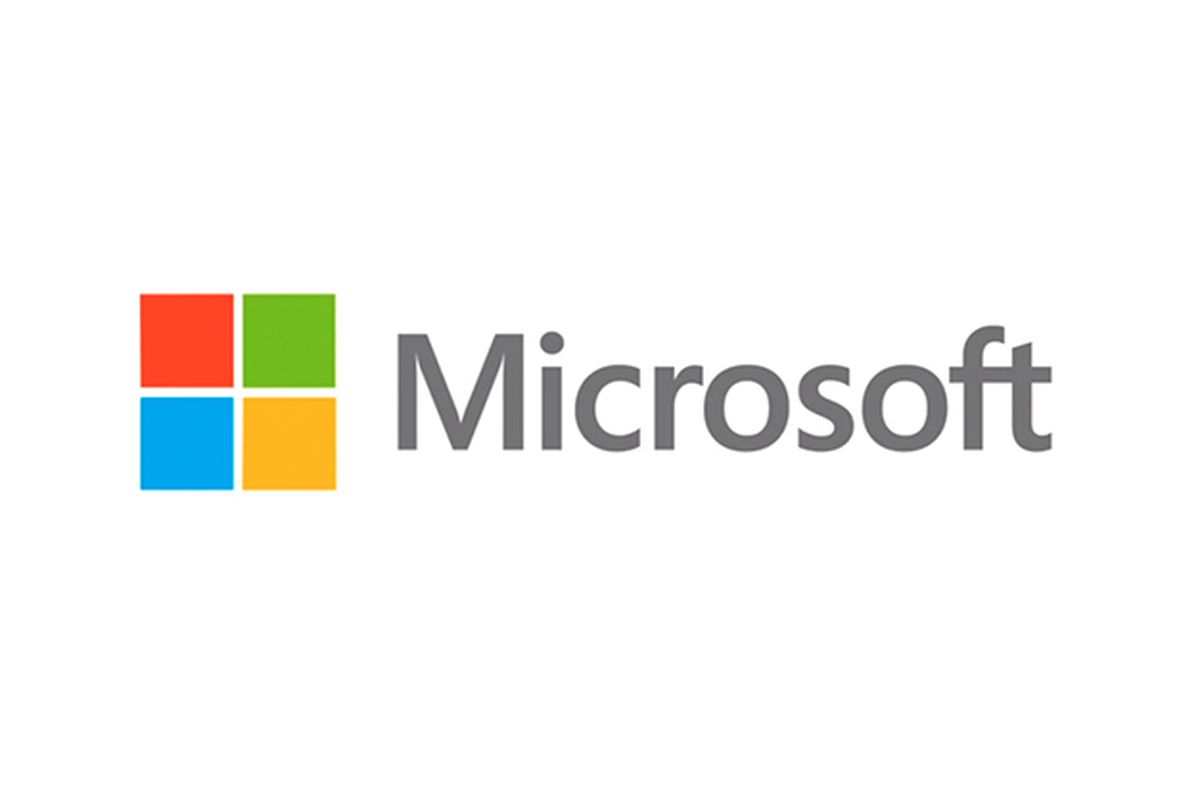Microsoft 70-337: MCSE: Communication - Lync Server
Learn how to deploy Lync Server 2013 solutions for end users.
StudyOnline247
Summary
- Exam(s) / assessment(s) not included in price, and must be purchased separately
Overview
This course focusses on the design, planning, deployment and maintenance of unified communications within their organisation. It will also teach students about the deployment of Lync Server 2013 solutions for end users, endpoint devices, telephony, audio/video and web conferences, security, and high availability.
Certification
Microsoft Certified Professional (MCP)
Description
What you will learn:
- Set up call and flow
- Understanding voice applications
- Understanding Lync Server 2013 voice resiliency
- Understanding phones and devices
Why study online?
Technological improvements and advances in educational design mean that studying online is no longer just a low cost alternative to traditional training methods. In many respects our online courses offer training which is superior to the majority of available “classroom” options.
Not only is the effectiveness of the training process enhanced, but also the convenience and overall cost efficiency of studying online makes it a compelling option for training. You can learn at your own pace and can repeat each section as many times as required unlike in a classroom environment.
Studying at your own pace, rewinding and going over the material as often as you need improves your long-term memory retention and makes studying more rewarding.
Curriculum for the Microsoft 70-337: MCSE: Communication - Lync Server course:
Module 01: Understanding Voice Architecture
Introduction To Architecture And Server Roles Topic A Part 1
Introduction To Architecture And Server Roles Topic A Part 2
Introduction To Architecture And Server Roles Topic B
Module 02: Configuring Key Enterprise Voice Functionality
Introduction To Lync Voice Routing Topic A
Introduction To Lync Voice Routing Topic B Configure Enterprise Voice Part 1
Introduction To Lync Voice Routing Topic B Configure Enterprise Voice Part 2
Introduction To Lync Voice Routing Topic C Define Voice
Policies Assign DID Numbers Design A Dial Plan
Introduction To Lync Voice Routing Questions
Module 03: Designing Exchange Server 2013 Unified Messaging Integration with Lync Server 2013
Introduction To Exchange 2013 Unified Messaging
Configure Exchange UM To Work With Lync 2013
Configuring Exchange And Lync Feature Integration Part 1
Introduction To Exchange 2013 Unified Messaging
Configure Exchange UM To Work With Lync 2013
Configuring Exchange And Lync Feature Integration Part 2
Introduction To Exchange 2013 Unified Messaging
Configure Exchange UM To Work With Lync 2013
Configuring Exchange And Lync Feature Integration Part 3
Introduction To Exchange 2013 Unified Messaging
Configure Exchange UM To Work With Lync 2013
Configuring Exchange And Lync Feature Integration Part 4
Module 04: Understanding Voice Applications
Introduction To Response Group Services Part 1Understanding Voice Applications
Introduction To Response Group Services Part 2 Understanding Voice Applications
Module 05: Configuring and Deploying Emergency Calling
Introduction To Location Information Server
Introduction To Set Up And Call Flow
E911 User Experience
Module 06: Integrating the PSTN
Connect To The PSTN
Connect To The Existing PBX Introduction To M:N Interworking Routing Call Routing Reliability
Module 07: Understanding Lync Server 2013 and Networking
Plan For Media Requirements Introduction To Call Admission Control Plan For Call Admission Control Introduction To Media Bypass
Module 08: Understanding Phones and Devices
Introduction To Phones And Devices Deploy Device
Manage Lync Server 2013 Phones Support Analog Devices Part 1
Manage Lync Server 2013 Phones Support Analog Devices Part 2
Module 09: Configuring And Migrating Lync Online
Introduction To Office 365 Architecture Deploy Lync Introduction To Lync Hybrid Scenarios
Module 10: Monitoring
Introduction To Voice Quality Concepts Explore Lync Monitoring Server Components Explore Lync Monitoring Server Reports Introduction To RTP And RTCP Collected
Information
Module 11: Understanding Lync Server2013 Voice Resiliency
Introduction To Voice Resilience Lync Pool Resilience
Branch Office Resilience
Outro
Please note that the official exam is not included, however for those who complete the course, they will receive a completion certificate upon request.
Who is this course for?
IT consultants and telecommunications consulting professionals who design, plan, deploy, and maintain solutions for unified communications.
Requirements
You will need to have gained your MCSA before undertaking this course.
Career path
Lync Architect
Server Administrator
Server Analyst
Server Specialist
Server Engineer
Questions and answers
Currently there are no Q&As for this course. Be the first to ask a question.
Reviews
Currently there are no reviews for this course. Be the first to leave a review.
Legal information
This course is advertised on reed.co.uk by the Course Provider, whose terms and conditions apply. Purchases are made directly from the Course Provider, and as such, content and materials are supplied by the Course Provider directly. Reed is acting as agent and not reseller in relation to this course. Reed's only responsibility is to facilitate your payment for the course. It is your responsibility to review and agree to the Course Provider's terms and conditions and satisfy yourself as to the suitability of the course you intend to purchase. Reed will not have any responsibility for the content of the course and/or associated materials.


